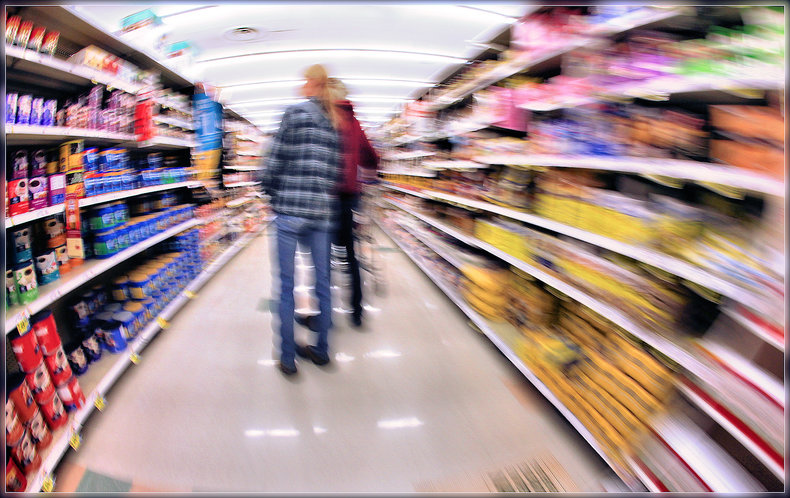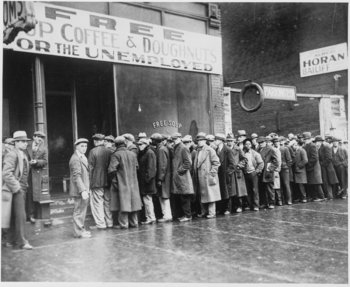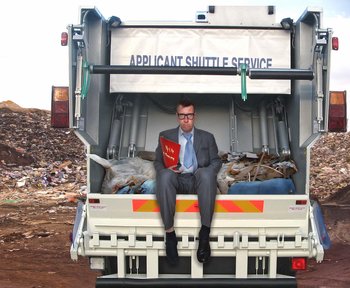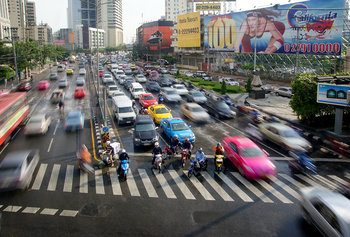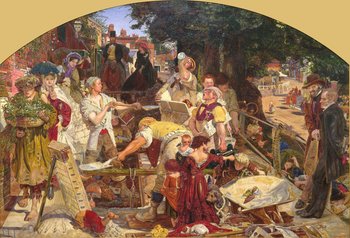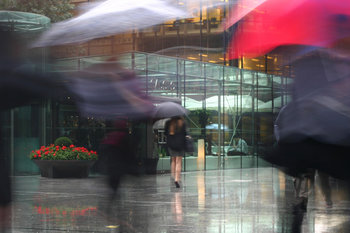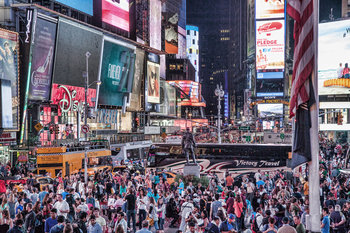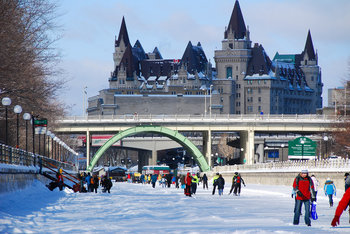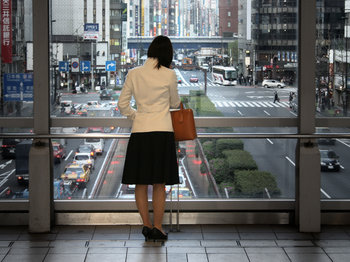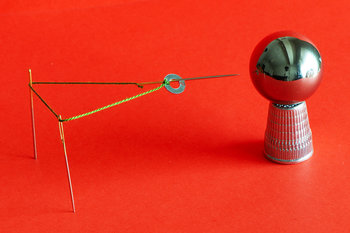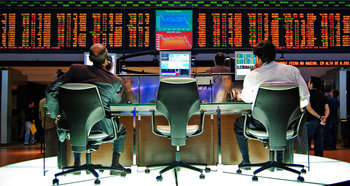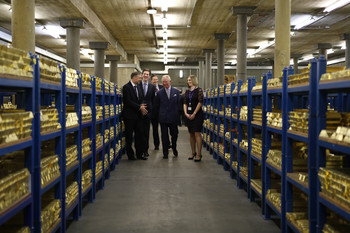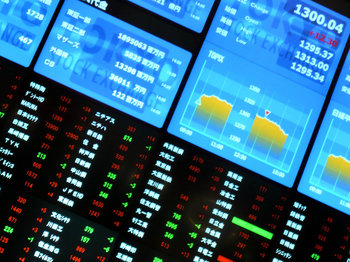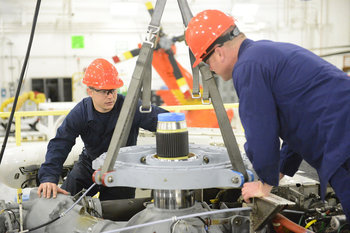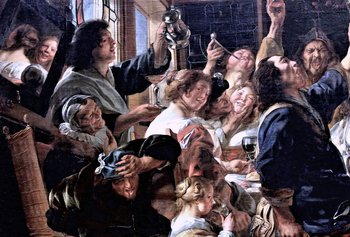|
| |
Inflation is a sustained increase in the price of goods and services. Deflation is a sustained decrease in prices. A small amount of inflation is generally considered good for an economy as it encourages consumers to spend and people to invest productively.
Deflation, even a small amount of deflation, is typically viewed negatively. When prices are always dropping, consumers have incentive to delay purchases resulting in less economic activity. This can cause businesses to close and the unemployment rate to go up. A high unemployment rate means that employees can't demand a high salary because jobs are scarce. This tends to reduce prices further in a downward spiral.Another negative impact of deflation is that it discourages investors from taking risk. When cash is increasing in value you can make money by doing nothing with your savings. This discourages people from starting businesses and employing people.
Economists tend to recommend a low inflation rate as a target because it keeps people spending and people investing their money into productive ventures. A high inflation rate can be just as damaging as deflation, in some cases it is far worse. |
| Inflation | Deflation | Definition | A sustained increase in the price of goods and services. | A sustained decrease in the price of goods and services. | Impact | | Generally viewed negatively as it discourages productive investment and spending. |
Next: Economic Problems
More about economic problems:
If you enjoyed this page, please consider bookmarking Simplicable.
© 2010-2023 Simplicable. All Rights Reserved. Reproduction of materials found on this site, in any form, without explicit permission is prohibited.
View credits & copyrights or citation information for this page.
|
